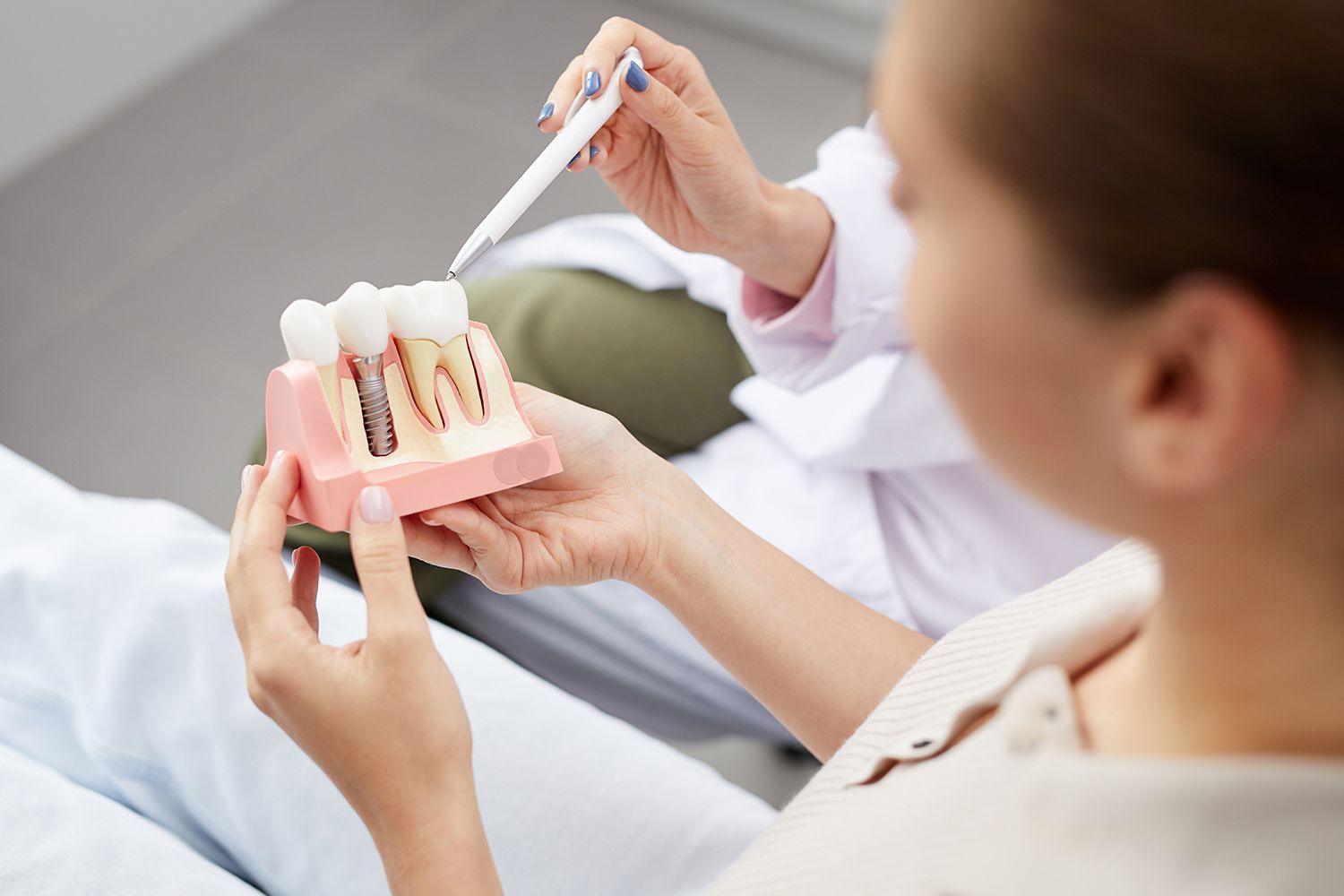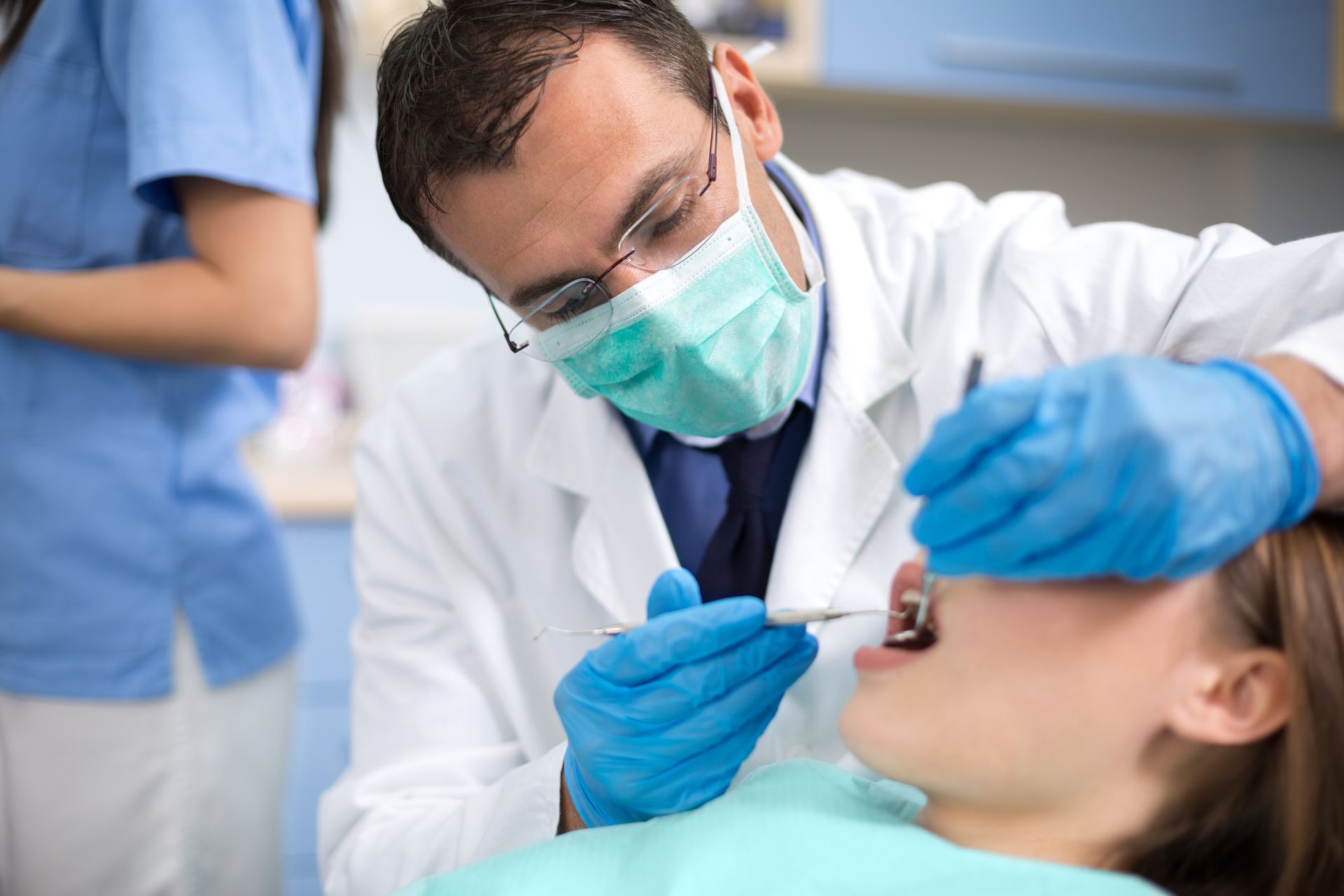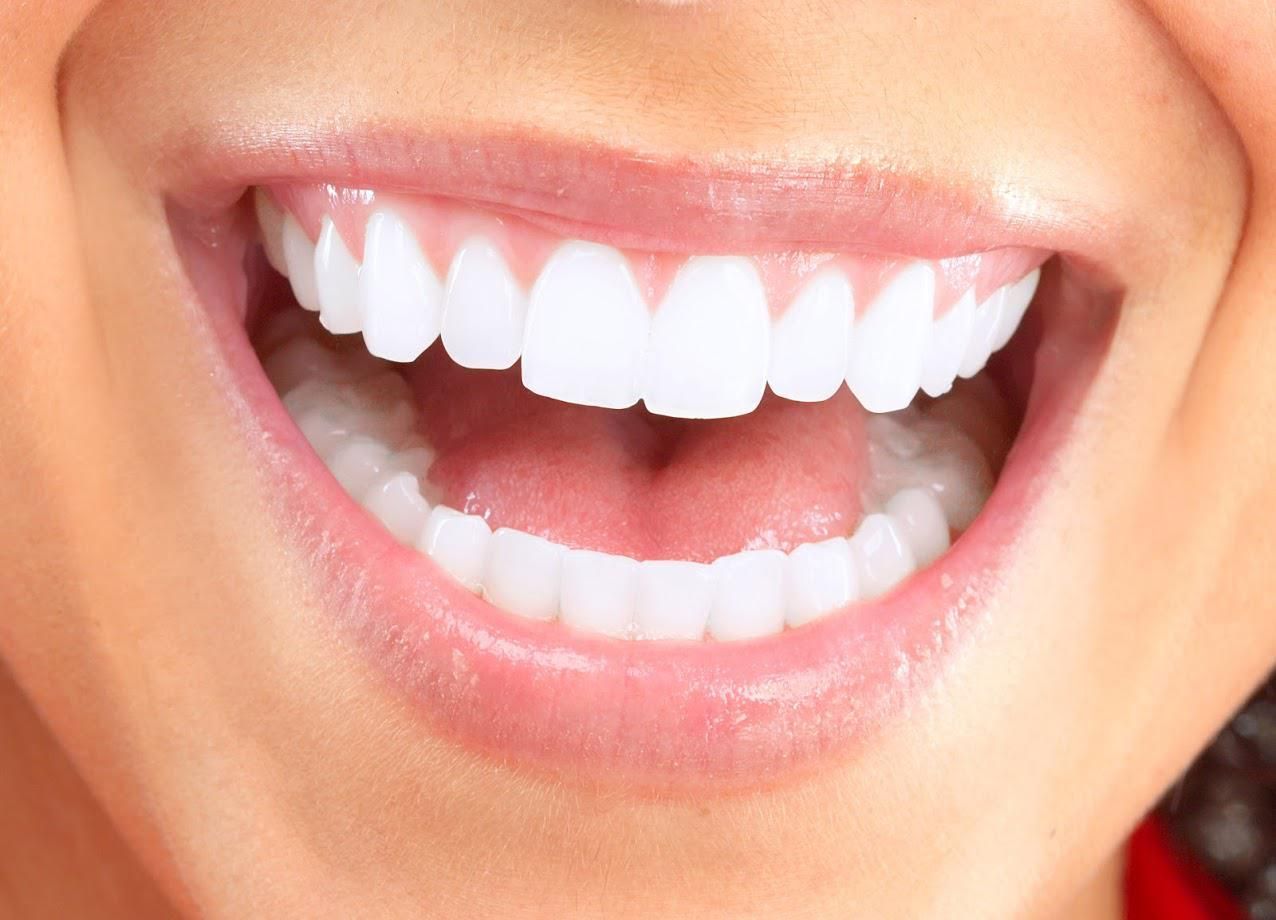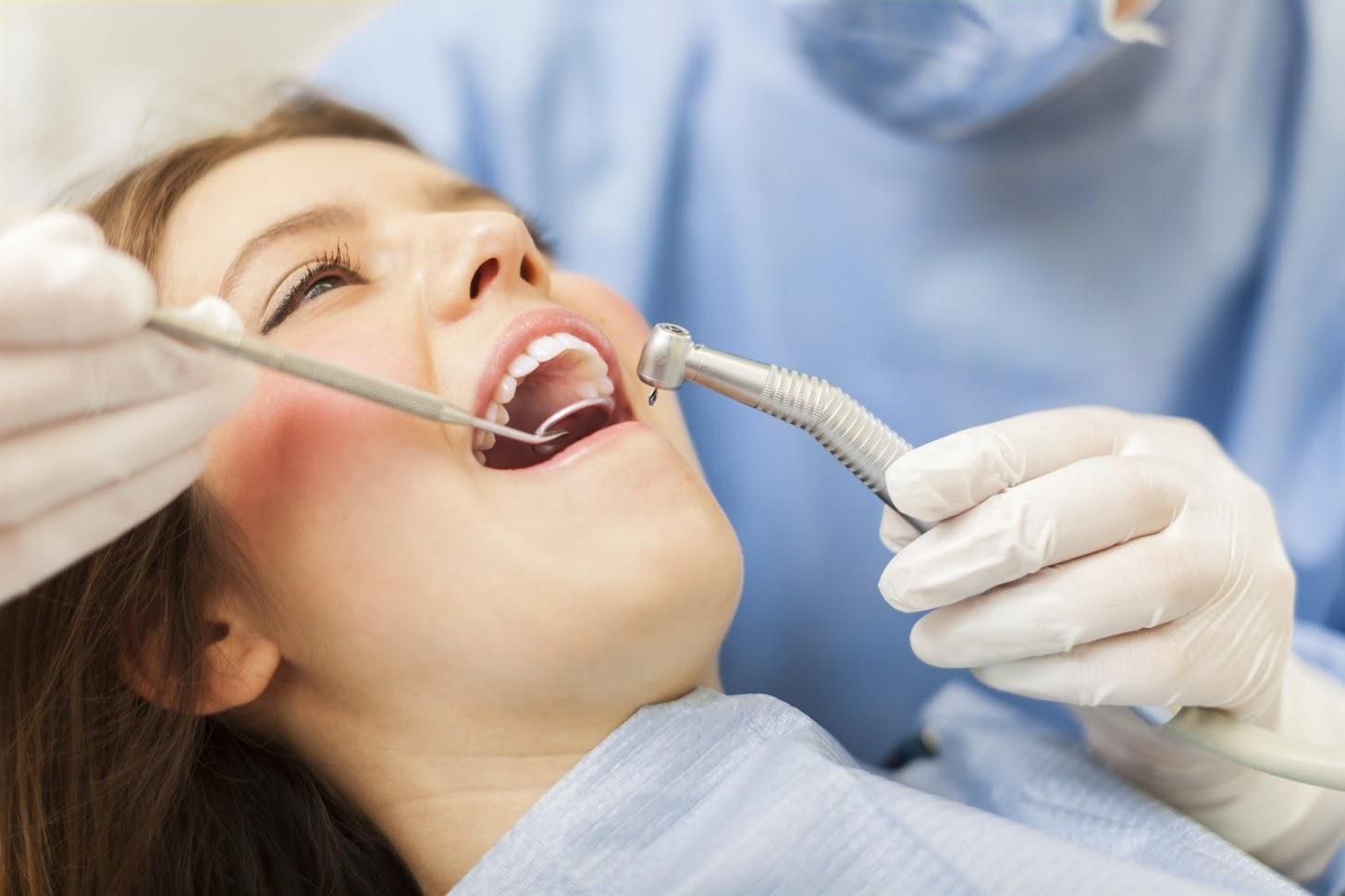3 Complications From Missing Teeth

Many Americans have one or more missing teeth from poor oral care, genetics, trauma, etc. However, even having one missing tooth can lead to several complications. If you would like to better understand what happens after you lose teeth, check out these three common complications caused by missing teeth. 1. Difficulty Speaking Missing molars and premolars won't affect your speech too much, but if you have any front teeth missing, you may struggle to pronounce certain sounds. These are known as strident sounds, and they are caused by the friction and airflow when your tongue or lips push against the front teeth. Common words that may be difficult to pronounce if you have missing front teeth include chin, fish, sew, and zoo. Naturally, the severity of your speech impediment depends on how many (and which front teeth are missing). For example, you have four upper incisors (your four front teeth), but the middle two teeth are largely responsible for helping to pronounce strident sounds. Therefore, you'll have less trouble speaking if one of the outer incisors is missing vs. a middle tooth. Replacing the missing tooth or teeth will solve the problem, but if you choose dentures, expect a bit of time before your speech improves. Dentures can move, and as your jaw changes, the dentures may become too big, causing them to move even more. Until you get used to using dentures (and find a pair that fits perfectly), you may still struggle with speaking. 2. Trouble Eating All your teeth help during eating, but they each have their own job. The sharp edge of your incisors makes them perfect for cutting food, while the pointy cusps of your canines help with tearing food apart. The premolars also help tear food, but they also crush food. Finally, your molars handle the grinding, so you can easily swallow food without choking. Therefore, if you have missing incisors but plenty of other teeth, you'll have no trouble tearing and grinding up your food, but you will need it cut up into bite-size pieces because you lack the incisors to do it for you. On the other hand, if you're missing molars, it's hard to grind up food, which may mean you'll need to stick with softer foods like oatmeal. Some people may try to use their other teeth for grinding up food, but this is not a good idea because it puts too much stress on these teeth. Only your strong molars with multiple roots have the stability to grind food on a regular basis. Your best bet is to choose tooth replacement options, but as with speaking, there will be an adjustment period if you choose dentures. 3. Changes in Jaw Density Your jawbone and teeth share a special relationship. The jawbone supports the teeth, so they are strong enough to eat and grind food, but the teeth stimulate the jawbone to keep it healthy and strong. Therefore, if you have missing teeth, the jawbone isn't getting any stimulation in that area. As a result, the jawbone may atrophy. One missing tooth won't affect your jawbone too much, but a lot of missing teeth can completely change the shape of your upper and/or lower jawbones, which can lead to face collapse: a condition that causes your chin to rotate forward, your nose to look bigger and extra wrinkles. On your upper jaw, missing teeth can cause the upper jawbone to shrink so much that it affects your sinuses. Dental implants are the only way to prevent changes in jaw density. Denture and bridges don't stimulate the jawbone, but because implants sit in the jaw like real teeth, they do. Unfortunately, you need a strong jawbone to support the implants, just like you need a strong jawbone to support natural teeth. Therefore, additional costs and procedures may be necessary. Missing teeth can affect your entire life. However, there are many tooth replacement options. If you are ready to improve the look of your smile, contact us at Jeffrey L. Erwin DDS today.













